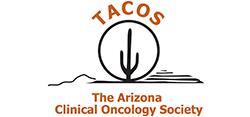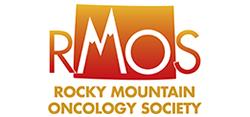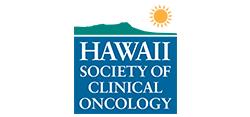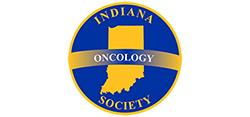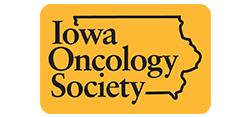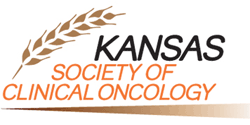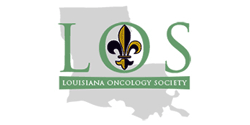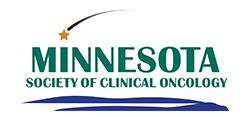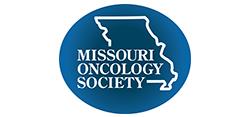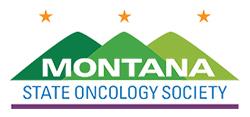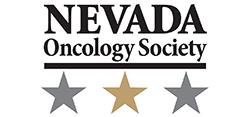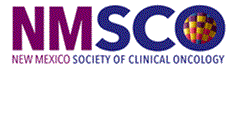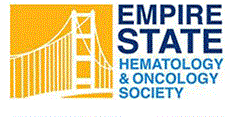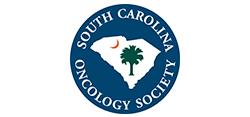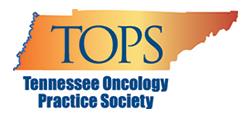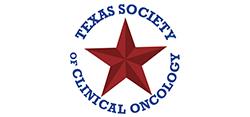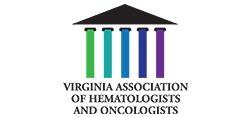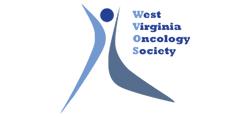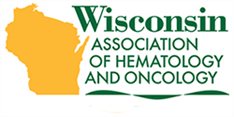
Together We Are Stronger
2020 was a year that tested our strength like no other. Overnight, COVID-19 demanded that cancer programs and practices redefine how they work while keeping their patients and staff safe during a global pandemic. As the oncology community addresses these unforeseen changes, there has never been a more important time to be part of the ACCC community.
Our work is driven by the challenges, successes, and shared experiences of our members. The tools, resources, and education initiatives that ACCC develops in response to those needs are found throughout this Impact Report. When we come together, learn from, and support one another, we truly are stronger.

All Hands On Deck
When coronavirus disease 2019 began to spread widely in the United States in early March, ACCC members on the frontlines of the pandemic wanted to come together as a community to share their experiences. ACCC quickly established a Coronavirus Response Hub where members could post information, processes, and resources to support one another. In the months that followed, members generously shared their perspective and lessons learned by participating in ACCC webcasts, mini-podcasts, and blog posts. Moving
forward, ACCC will communicate strategies and solutions collected from members in COVID-19 focus groups in our 2020 Trending Now in Cancer Care report. New education programs in telehealth and financial navigation guide members through recovery,
and ACCC will share strategies for vaccine delivery tailored to the needs of patients with cancer.
COVID-19 Webcast Series
From March through July, ACCC hosted a live weekly webcast series guiding cancer programs through critical operational issues, including implementing telehealth, managing COVID-positive patients, optimizing staffing, conducting clinical research, and much more.

CANCER BUZZ Mini-Podcast Series
Recognizing the need for shorter educational content during the pandemic, ACCC published weekly mini-podcasts on the CANCER BUZZ feed on topics like cancer team self-care, drive-thru COVID-19 screening, creative approaches to cancer prevention activities, and analyzing COVID-19 data.

COVID-19 Discussion Groups
Recognizing the ongoing desire for members to share insights, resources, and effective practices, ACCC created the COVID-19 Discussion Group on ACCCeXchange, enabling members to connect in real time through live polling questions and conversations guided by guest moderators from the COVID-19 webcast series.
A Patient-Centric Approach
In the months following the onset of the pandemic, ACCC developed the COVID-19 Financial Advocacy Resources Hub to help programs stay informed on updates to financial assistance programs and insurance coverage. ACCC also launched a project to help cancer programs adopt and expand telehealth solutions in an increasingly virtual healthcare environment.
Community Oncology's Role in Clinical Research
As precision medicine becomes more prevalent in oncology practice, it’s crucial that clinical trials enroll patients from the communities they represent—not only does this reduce health disparities, but it also strengthens the generalizability of the research. Through Dr. Randall A. Oyer's 2020-2021 President’s Theme, Community Oncology Can Close the Gap in Cancer Research, ACCC addressed key issues in clinical trial access, accrual, and administration, highlighting how community programs can participate in trials alongside or with support from academic centers; reaching patients with clinical trials closer to where they live; and reducing systemic inequalities in community cancer research.
ACCC Research Review
Guided by the President's Theme Task Force, the monthly ACCC Research Review newsletter highlighted critical issues in cancer clinical research, such as reducing disparities for underserved groups, improving rural access to research, and training a diversified clinical research workforce.
President's Theme Webcasts
Monthly webcasts provided expert guidance to cancer programs on critical topics like tissue acquisition, optimally utilizing advanced practitioners, diversifying clinical research participation, and integrating the community voice into trial design.
Addressing Health Disparities
In collaboration with the American Society of Clinical Oncology, ACCC issued a Request for Ideas to increase cancer clinical treatment trial participation of racial and ethnic minorities. Outcomes will include a site self-assessment tool and implicit bias training to be shared with ACCC members.
Multidisciplinary Education + Professional Development
In late 2019, ACCC members made it clear that virtual learning was a crucial component of cancer team education—so ACCC responded by developing a robust and immersive virtual learning platform that offers oncology professionals greater access to professional development. With a variety of flexible online learning options, ACCCeLearning offers both in-depth courses and quick knowledge in shorter learning formats. Cancer professionals can explore the catalog by topic and access a vast library of live and on-demand recordings with presentations on oncology pharmacy, precision medicine, disease-specific education, and much more.
Oncology Reimbursement
The regional ACCC Oncology Reimbursement Meetings were reformatted into five live virtual sessions in the summer and fall of 2020. Free to ACCC members, sessions focused on strategies to protect revenue during the pandemic, improve financial navigation services, and prepare for the 2021 Medicare payment rules. Spring 2021 sessions will focus on value-based care models and the impact of COVID-19 on revenue cycle management.
Honoring Innovation in Cancer Care
At the ACCC 37th [Virtual] National Oncology Conference, September 14–18, ACCC was proud to honor an outstanding cohort of eight Cancer Program Members with the 2020 ACCC Innovator Awards. In recognition of their achievements in areas as diverse as workforce training, supportive care integration, patient education, and hospital admission reduction, award winners shared their replicable strategies during the conference and returned for a live Q&A with attendees. These innovative programs will also be featured in Oncology Issues.
Financial Advocacy
The ACCC Financial Advocacy Network launched its second set of courses in the popular Financial Advocacy Boot Camp, featuring virtual learning on cost-related health literacy, outcome measurement, financial distress screening, and oncology basics. In November, ACCC hosted a five-part webinar series addressing emerging issues in treatment affordability and cancer program sustainability.
Addressing Every Aspect of Oncology
As the first organization dedicated to multidisciplinary cancer care, ACCC has been at the forefront of developing critical education programs and promoting the collective concerns of the entire oncology team through its advocacy work. Whether you’re a medical oncologist, nurse, cancer program administrator, researcher, hospital executive, pharmacist, social worker, financial navigator, or pathologist—or any other member of the care team—ACCC has tools and resources to expand your knowledge, streamline internal processes, and elevate the delivery of patient-centered care.
Disease-Specific Education
ACCC developed valuable eLearning courses on chronic lymphocytic leukemia, multiple myeloma dispensing models, urothelial carcinoma, advanced cutaneous squamous cell carcinoma, acute lymphocytic leukemia, and biomarker testing. ACCC will continue to expand our virtual portfolio throughout 2021.
Quality Care Delivery
ACCC launched its Model for Improving Care Coordination as a free interactive tool with 12 assessment areas to help improve care for Medicaid patients with lung cancer. ACCC also created an evidence-based Geriatric Oncology Gap Assessment to help programs evaluate their current efforts and prioritize improvements.
Patient-Centered Care
To help multidisciplinary practitioners work with patients collaboratively. ACCC created webinars on shared decision-making and an explainer video for the Ask Me 3® health literacy tool. ACCC also published a tiered matrix of recommendations that programs can use to advocate for comprehensive cancer care services and support service line growth.
Expanding Our Reach
A large part of ACCC’s work lies in sharing the research, knowledge, and analysis we develop with the greater oncology community. We take a multifaceted approach to spreading our advocacy and educational content, sharing information in a variety of formats so that our work has the potential to impact as many providers, patients, and caregivers as possible.
Renewed Advocacy Focus
In 2020, the ACCC Alternative Payment Model Coalition built on ACCC’s OCM Collaborative by addressing the broader interest in alternative payment models. Another advocacy priority was working with ASTRO to oppose the sudden implementation of the Radiation Oncology Model, and in December, ACCC joined a lawsuit against CMS over the implementation of the Most Favored Nation Interim Final Rule.
Abstracts & Presentations
ACCC presented research at 29 national and international oncology conferences in 2020. Guided by Advisory Committee member input, research focused on clinical
and non-clinical studies including biomarkers,
immunotherapy, optimal lung cancer care delivery,
comprehensive cancer care services, and BRCA testing.
In 2021, several ACCC manuscripts will be published in JCO Oncology Practice.
Awards That Inspire
ACCC was proud to present its 2020 Annual Awards to three outstanding leaders in oncology. Dr. Lawrence N. Shulman received the Annual Achievement Award; Dr. Roy S. Herbst was the Clinical Research Award recipient; and the David King Community Clinical Scientist Award was presented to Dr. Worta McCaskill-Stevens. Awards recipients shared their wisdom during presentations that are available to watch online.

Preparing for What Lies Ahead
The disruption and challenges of 2020 will dramatically impact the cancer community for years to come due to decreased access to care as a result of unemployment, postponed cancer screenings, and the emotional and physical effects of providing care during a pandemic. In 2021, our educational portfolio will grow to offer cancer teams across the country timely and informative educational content on subjects like cancer care during the COVID-19 era, oral combination therapies, hematologic malignancies, cancer care disparities, precision medicine, and innovative therapies.
With a new administration comes new health policy, and ACCC expanded its advocacy department to provide members with comprehensive policy guidance. In 2021, ACCC will focus on the implementation of sustainable telehealth policies, support and resources to members of the oncology workforce, and models to reshape reimbursement to better meet the needs of patients and providers. In May, ACCC will host its first-ever Virtual Capitol Hill Day, where members can share the real-world impact that federal health policy has on their patients, cancer program, and community.
Driving Oncology Care Forward
Krista Nelson, MSW, LCSW, OSW-C, FAOSW, has chosen Real-World Lessons from COVID-19: Driving Oncology Care Forward as the 2021–22 ACCC President's Theme. ACCC will build upon this theme by developing resources for reducing health
disparities, establishing the justification for high-impact supportive care services, and supporting oncology workforce well-being and resilience.
Expanding Resources in Clinical Education
From biomarker implementation to colorectal cancer, castration-sensitive prostate cancer, HER2-positive breast cancer, and early- and late-stage NSCLC, ACCC will continue to work with clinical oncology experts and develop premier education activities—several of which will be eligible for CME/CNE/CPE credit—and grow its position as a resource for impactful clinical updates.
Responding to the Impact of COVID-19
ACCC has revamped its annual Trending Now in Cancer Care survey to capture member experiences and needs through facilitated roundtable discussions, where conversations will delve into the most critical areas impacting oncology care and operations today, including COVID-19 implications, telehealth, revenue cycle management, staffing needs, and clinical research.
ACCC Membership by the Numbers





 Join the Conversation on ACCCeXchange
Join the Conversation on ACCCeXchange
ACCCeXchange is a members-only discussion forum where you can gain multidisciplinary perspectives to emergent issues. No matter your role, you can find the answers to your questions and share your experiences. With additional subgroups for COVID-19 and financial advocacy, you can find support for specific challenges you may face.
 Attend Live, Virtual, and On-Demand Events
Attend Live, Virtual, and On-Demand Events
ACCC offers regular opportunities for professional growth and oncology process improvement. If you need guidance, a set of best practices, or accredited education, ACCC has something for you. Take a look at our upcoming calendar of events and our eLearning catalog. Most events are free or available at reduced rates for ACCC members.
 Join a Task Force or Committee
Join a Task Force or Committee
We rely on our most valuable resource—our members—to provide input and insights in navigating issues related to cancer care. There are a number of volunteer opportunities available at ACCC—let us know your professional interests via a simple contact form and we'll connect you with a group that matches your preferences.
 Update Your Information
Update Your Information
ACCC offers targeted educational content based on your professional interests. We encourage you to update your areas of concentration, mailing preferences, job title, and credentials by logging in to your profile on the ACCC website. You must have an ACCC profile to register for live and virtual events, and to participate in the conversations on ACCCeXchange.
 Submit an Awards Nomination
Submit an Awards Nomination
Do you know someone whose outstanding work in cancer care and clinical research is worthy of recognition? Nominations and applications for the 2021 ACCC Annual Awards are now open— submit your nomination today! ACCC Innovator Awards nominations open every January.
Executive Committee 2020-2021

Randall A. Oyer, MD
President

Krista Nelson, MSW, LCSW, OSW-C, FAOSW
President-Elect

David R. Penberthy, MD, MBA
Treasurer

Olalekan Ajayi, PharmD, MBA
Secretary
Board of Trustees 2020-2021
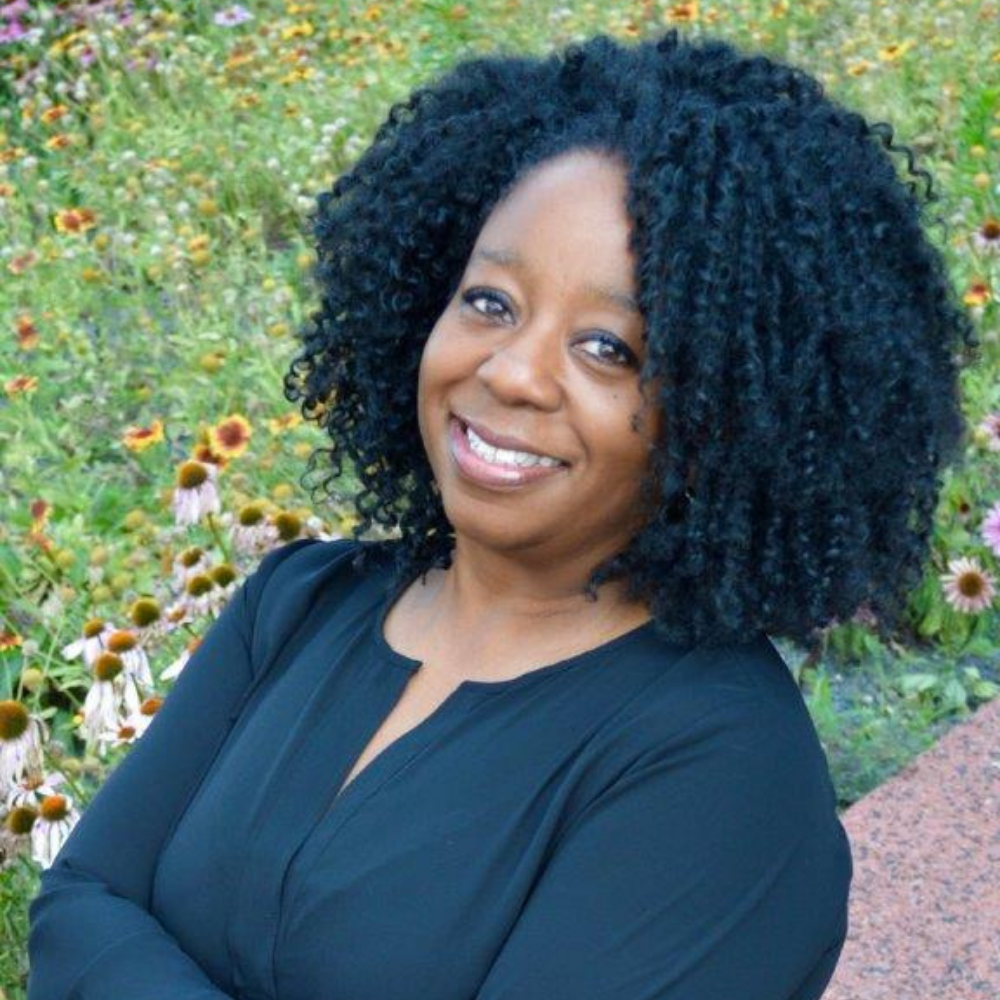
Nadine Barrett, PhD, MA, MS
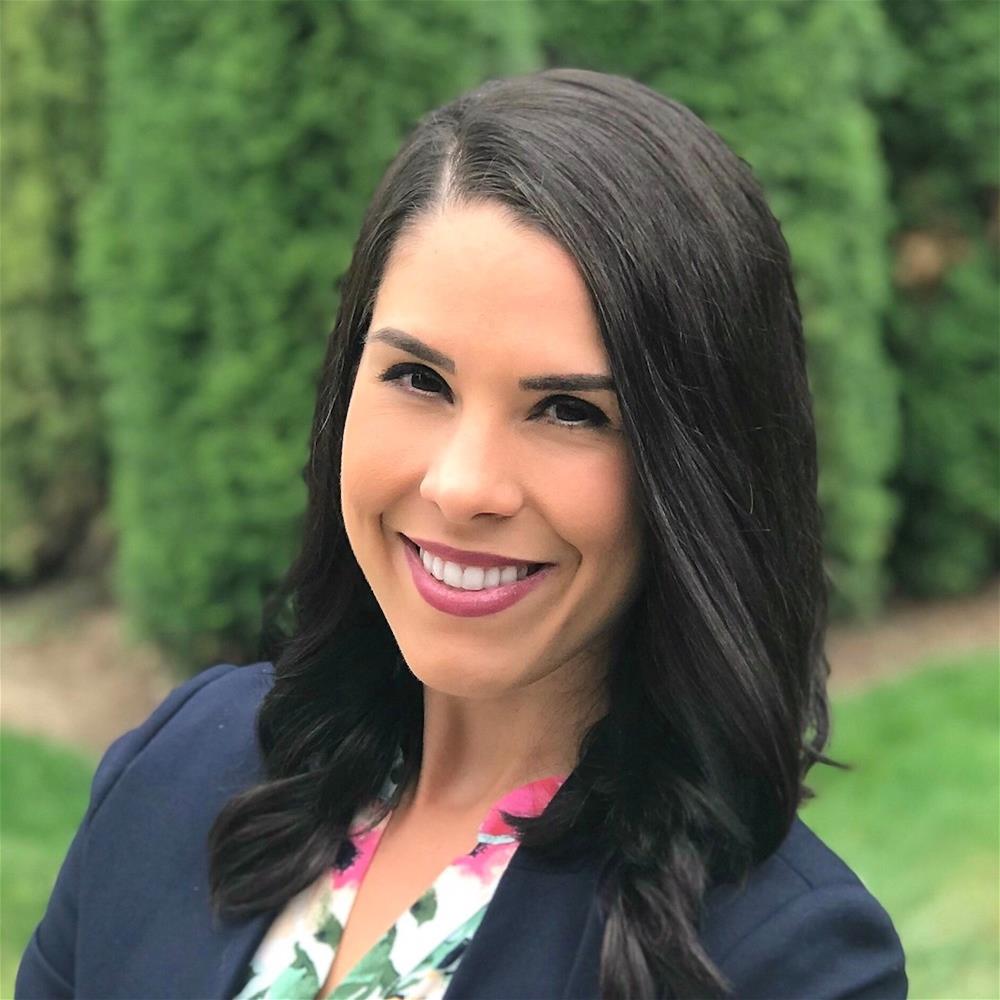
Amy Ellis

Jorge García, PharmD, MS, MHA, MBA, FACHE

Amanda Henson, MSHA, MBA, FACHE
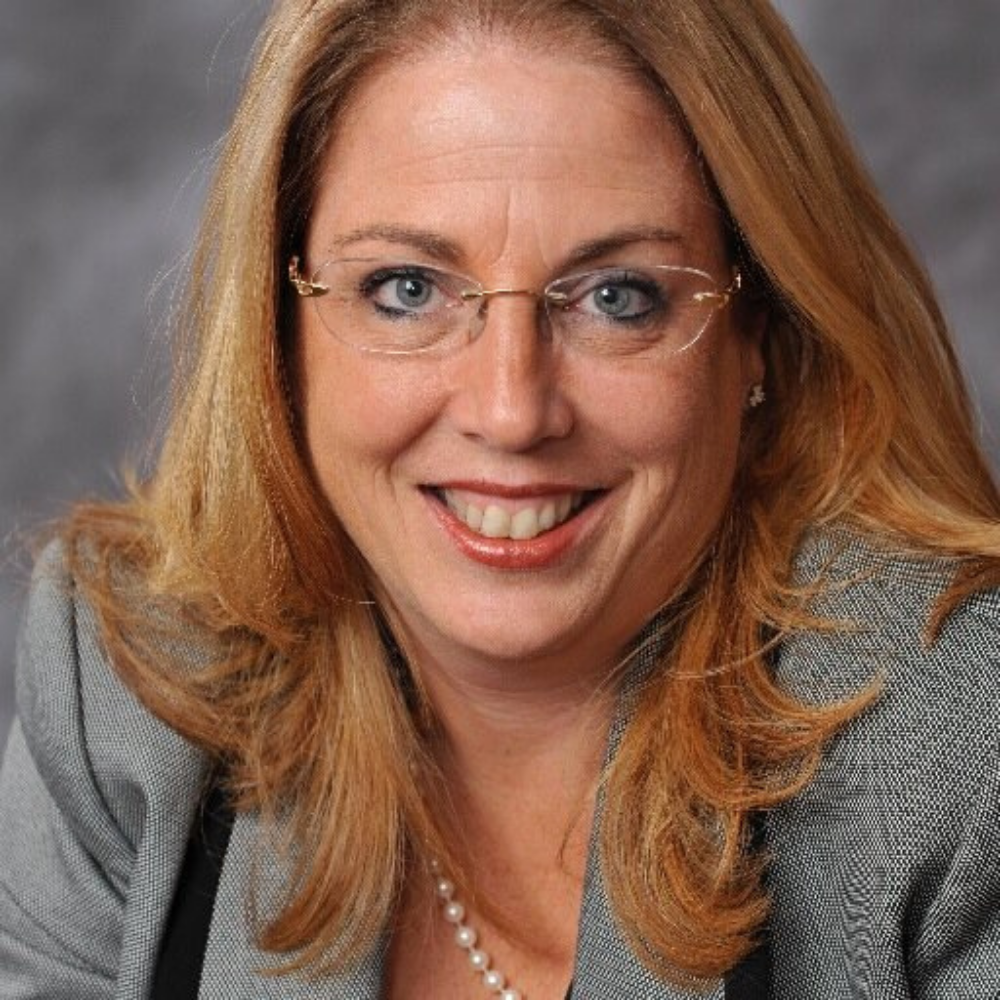
Una Hopkins, NR, FNP-BC, DNP

Jeff Hunnicutt

Barbara Jensen, RN, BSN, MBA

Michelle Shiller, DO, AP/CP, MGP

Lawrence D. Wagman, MD
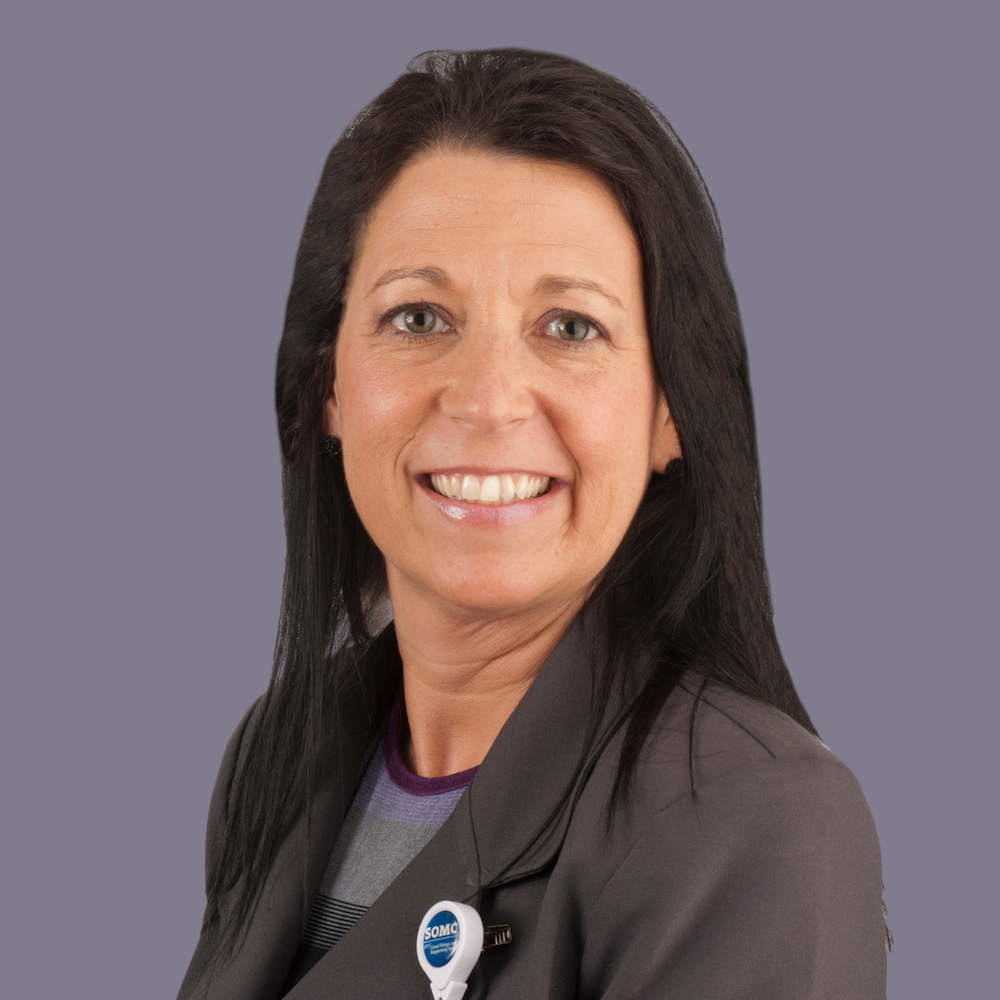
Wendi Waugh, BS, RT(R)(T), CMD, CTR
Oncology State Societies at ACCC
The Oncology State Societies at ACCC is a network of 21 state societies managed by the Association of Community Cancer Centers. Society members receive benefits from ACCC, participate on the ASCO State Affiliate Council, and access state-specific educational resources to help stay ahead of the challenges that result from a shifting healthcare landscape.










